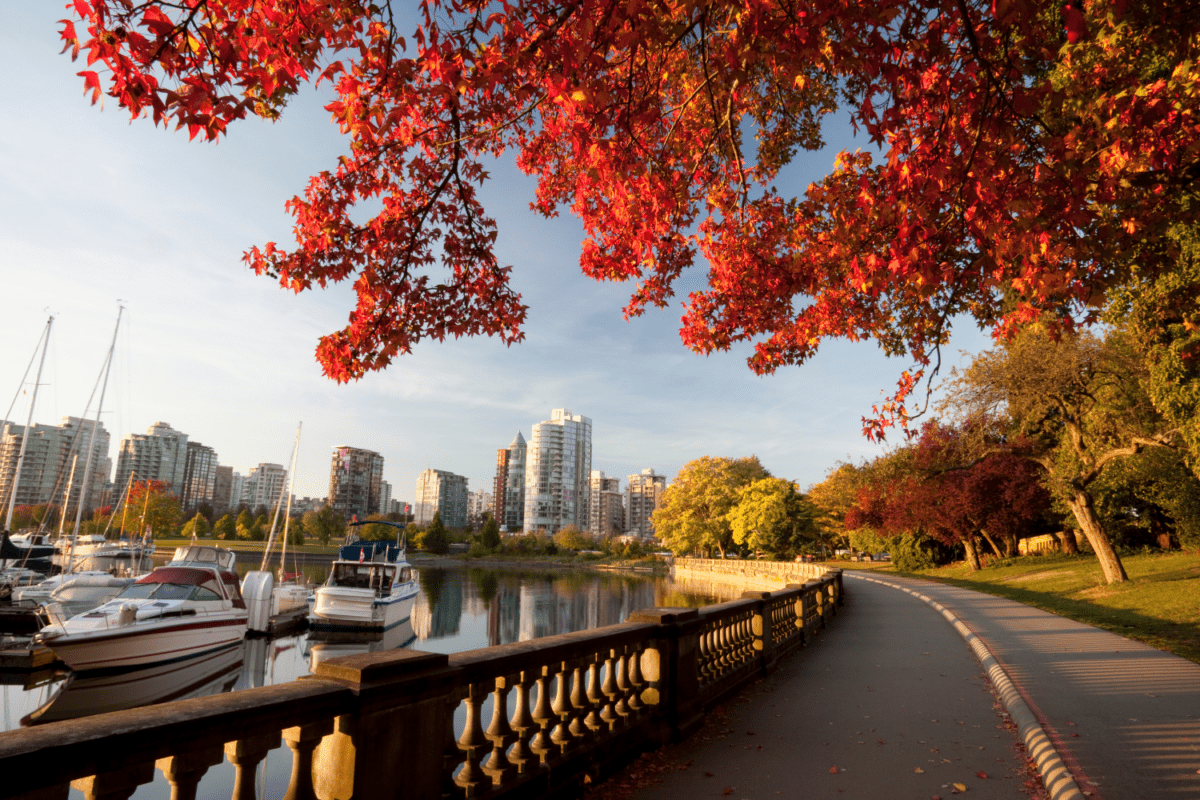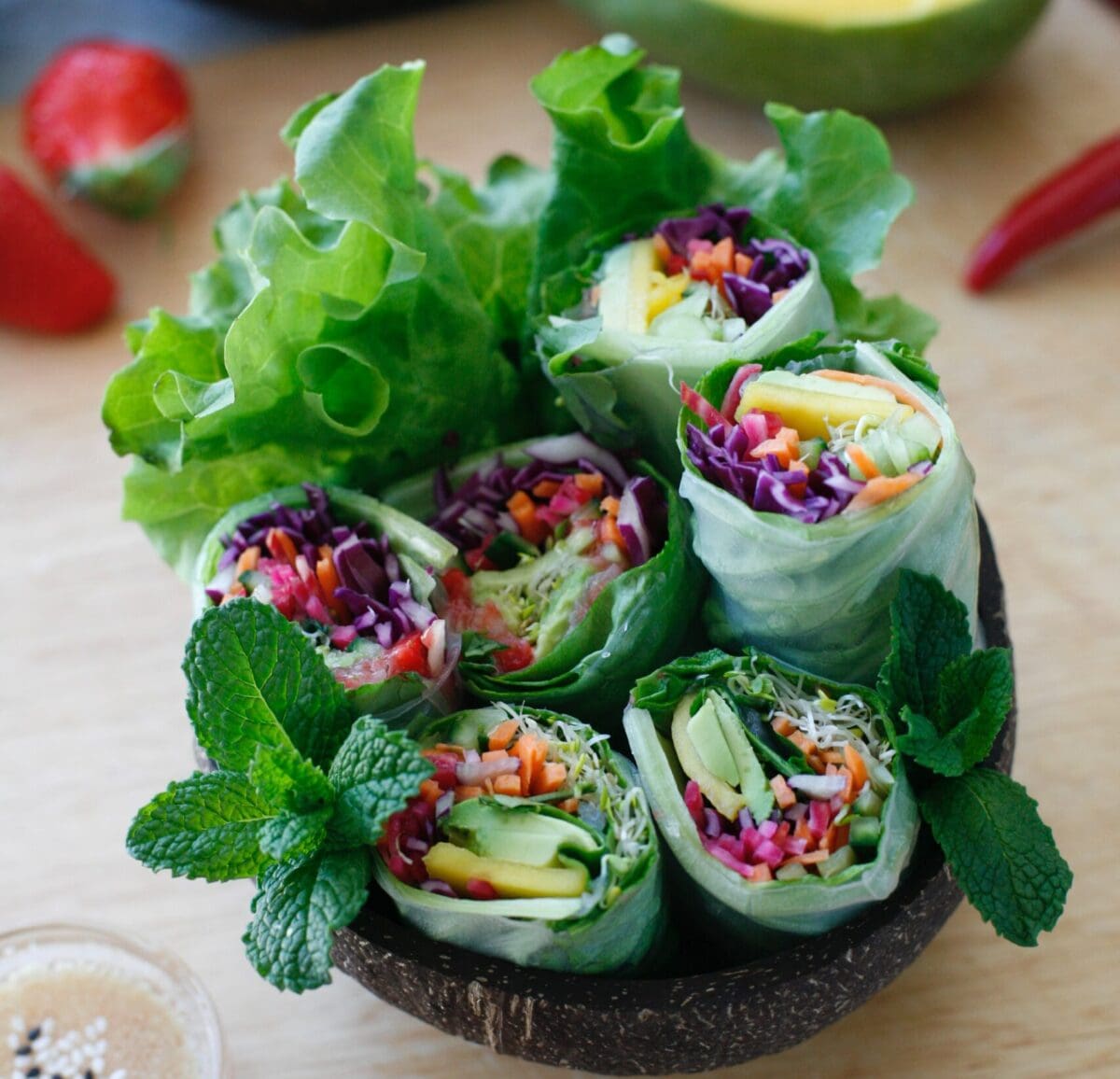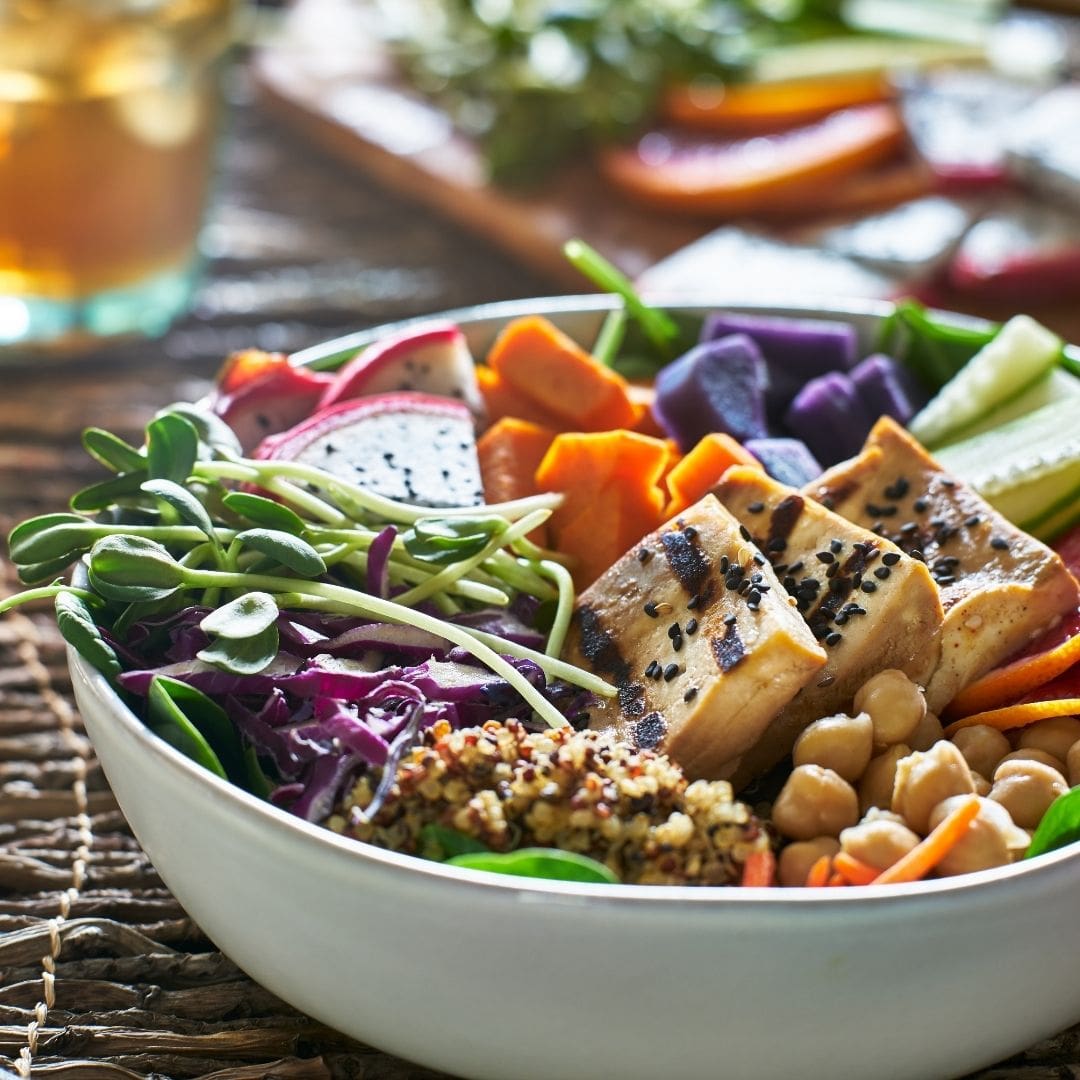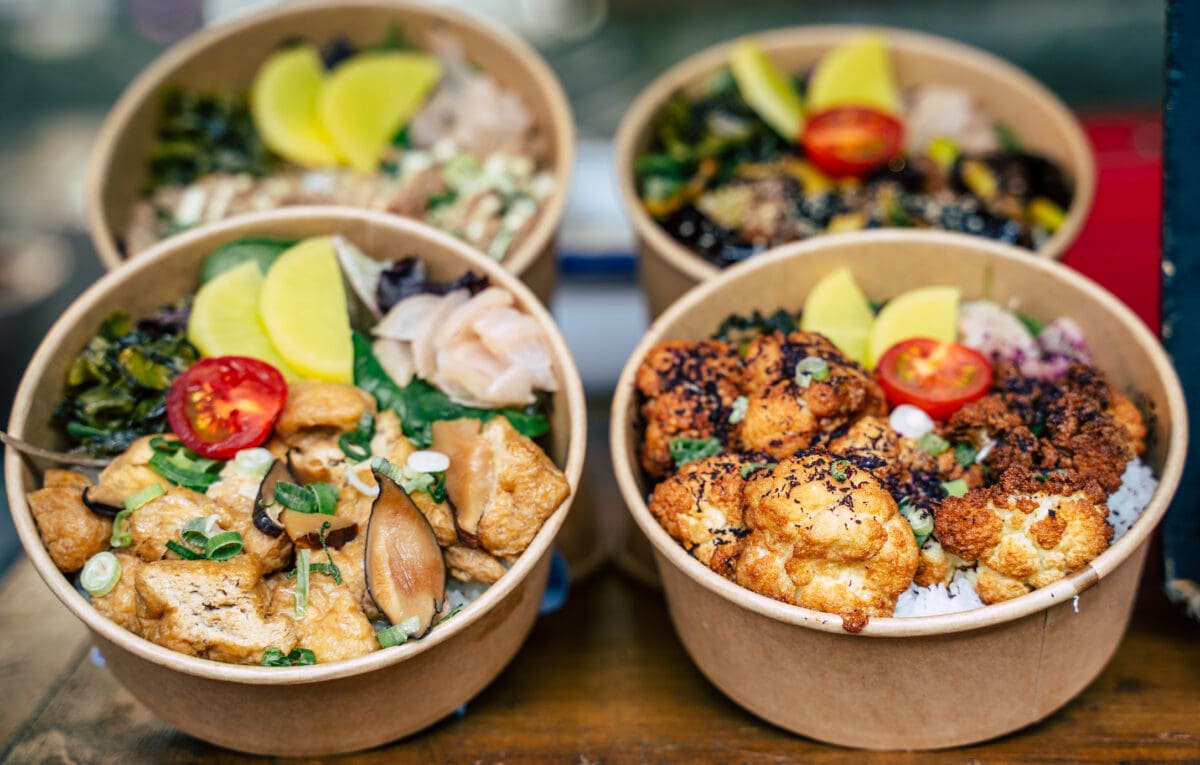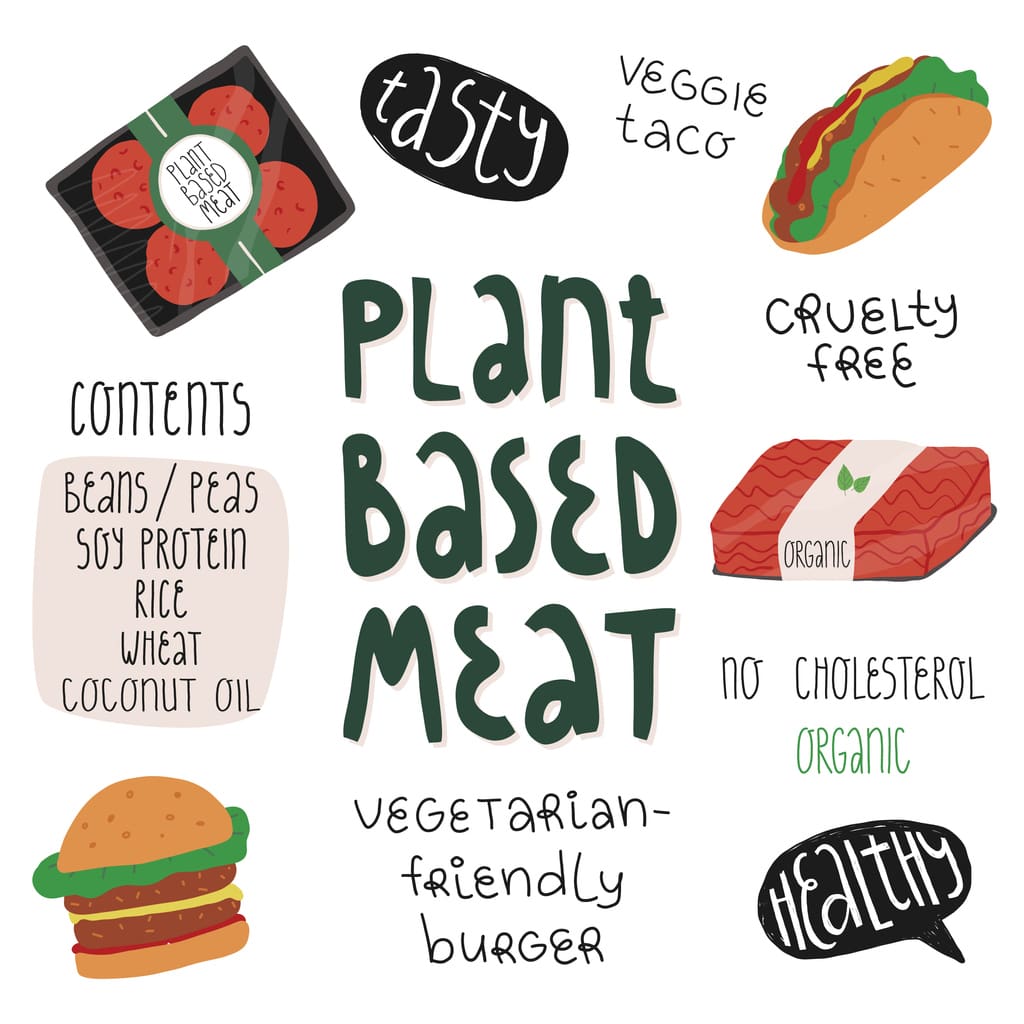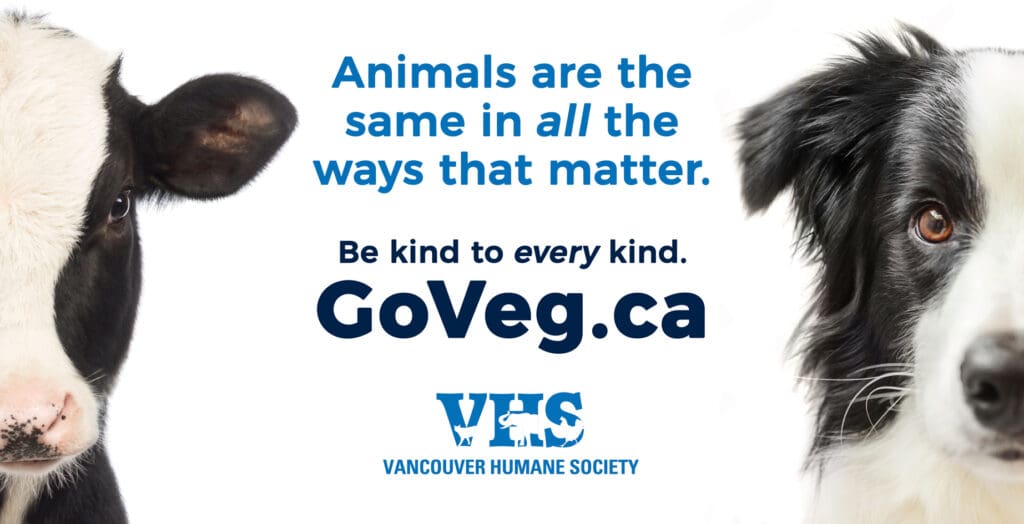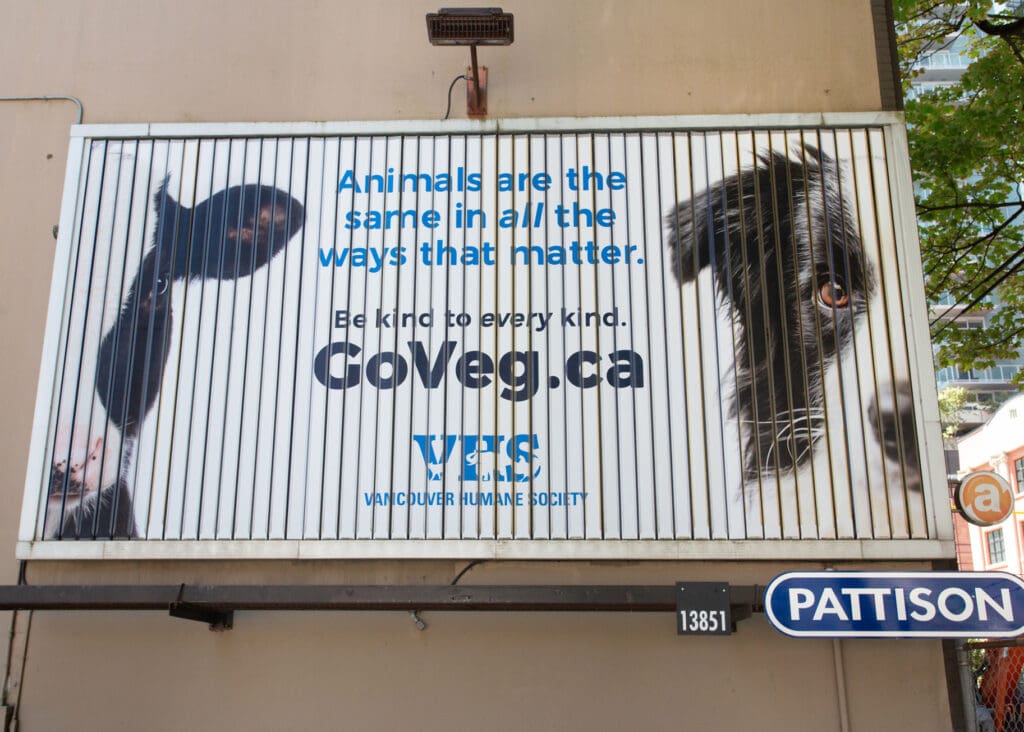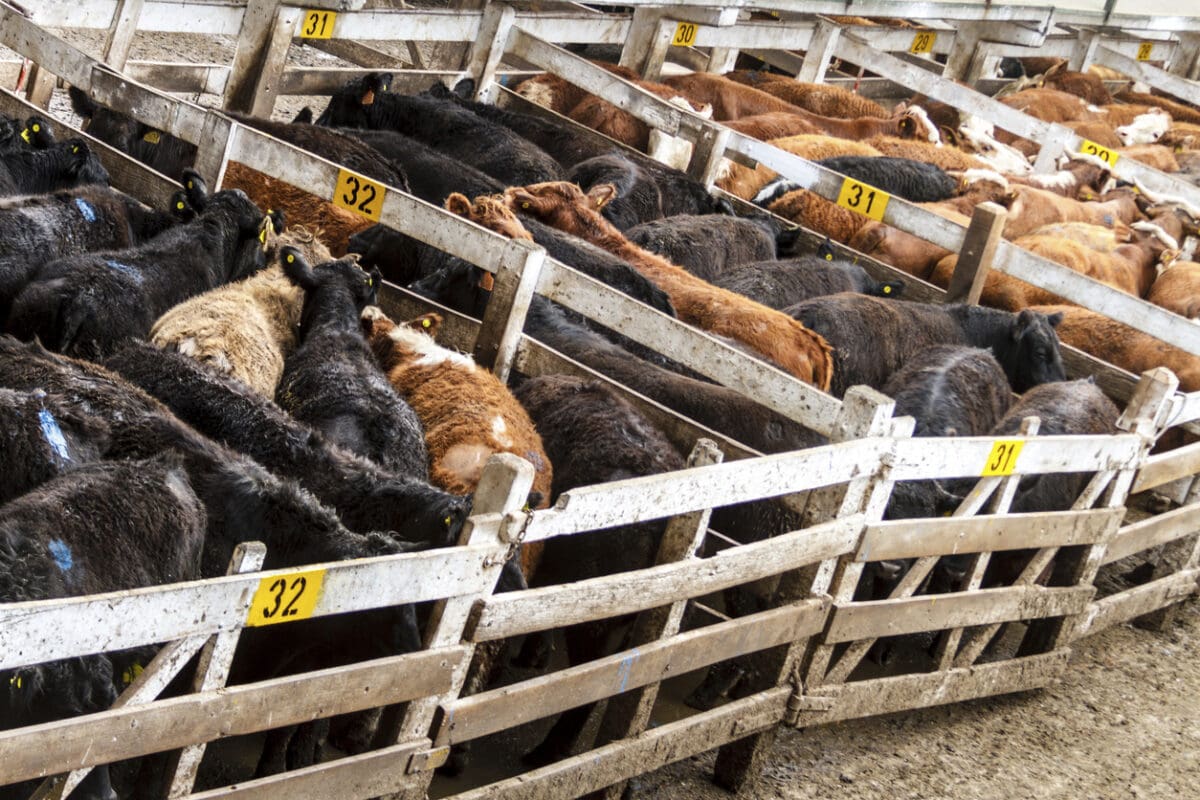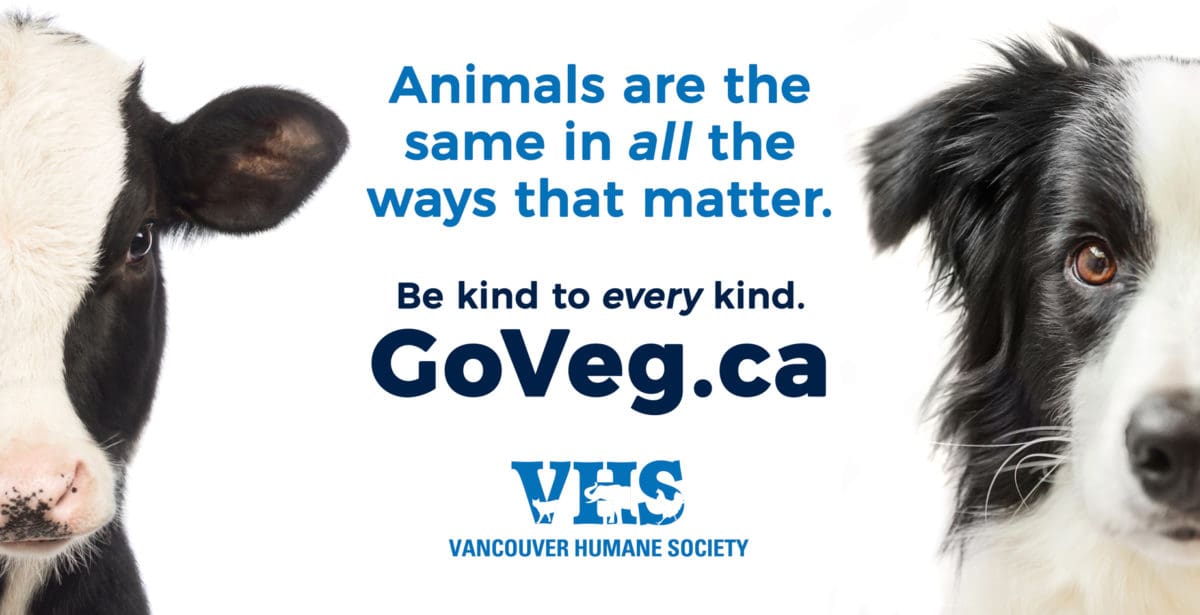- The Metro Vancouver Regional Food Strategy aims to create a sustainable, resilient, and healthy food system across 21 municipalities, an electoral area, and a treaty First Nation.
- Metro Vancouver is updating the Regional Food System Strategy for the first time since 2011 and is seeking public input.
- This is an important opportunity for Metro Vancouver residents and food system stakeholders to advocate for a shift toward more humane, healthy and sustainable plant-based food production and consumption across the region.
TAKE ACTION: If you’re a Metro Vancouver resident, your input is needed to help advocate for an updated strategy that prioritizes less animal-based products and more plant-based foods. Share your feedback in the online survey before the deadline of December 31, 2024.
Survey questions and tips
Below are the main questions included in the Metro Vancouver survey. Click on each key point for tips and context to help answer the questions in your own words.
1. What changes have you seen in the regional food system over the last 10 – 15 years?
(Examples: changes to imports/exports, climate considerations, community changes, consumer habits, costs, etc.)
…on the environment, health, and animal welfare, resulting in more people reducing their consumption of animal products.
- A 2022 survey of Lower Mainland Residents found that 65% of respondents have reduced their consumption of animal products.
- A 2019 survey found that 25% of B.C. residents have tried a vegetarian diet, compared to the national average of 18%.
- A 2018 survey found that almost 40% of British Columbians aged 35 and under follow a vegetarian or vegan diet, more than three times higher than the national average.
…and more products being offered in stores, restaurants, etc.
- A 2022 survey found that 65% of respondents in the Lower Mainland would eat more plant-based meals if there were more tasty options available when going out to eat.
…toward plant-based eating patterns.
- Growing awareness that the type of food plays a much larger role in a food’s overall carbon footprint than the distance it travels. Previously, much of the focus has been on prioritizing local food, but it’s also increasingly important that plant-based food be incorporated into food system strategies.
- Food system change, including shifting toward plant-based diets, is necessary to meet global climate targets and stay below 2 degrees of global warming.
- In the City of Vancouver, nearly 98% of the ecological footprint of food comes from the land and energy used for growing and producing it, particularly red meat and dairy products.
…toward more plant-based foods.
- The City of Vancouver passed a motion declaring the various social, economic, and environmental benefits of plant-based procurement.
- The District of North Vancouver passed a motion to ensure plant-based options are included and prioritized at municipal events, meetings, and other gatherings where the District purchases food.
…including meat reduction efforts incorporated into government strategies.
- In a 2022 survey of Lower Mainland residents, 58% of respondents would support shifting government subsidies from animal-based food production to plant-based food production.
- 60% of survey respondents would support including animal production-reduction efforts into local, provincial and federal climate, health and animal welfare strategies.
Are there any other food system-related changes or trends you’ve noticed in the Lower Mainland over the last decade?
2. What do you think the role of Metro Vancouver should be in the implementation of a regional food system strategy?
(Examples: protecting agricultural lands, convening member jurisdiction on specific issues, providing local research and data, public education, etc.)
This could include:
- Prioritizing and incentivizing plant-based food production and processing.
- Supporting partnerships that enable businesses, public institutions and others to collaborate on plant-based procurement throughout the region through bulk ordering and supplier connections.
- Public marketing, education, and promotion around increasing plant-based food consumption, in alignment with the updated Canada Food Guide, which recommends choosing plant-based proteins more often.
- Supporting more plant-based options in food service, including through public institutions like schools, hospitals and community centers, as well as in catering, corporate programs, and cafeterias.
- Supporting consumption of more plant-based foods across consumer, corporate, business and institutional levels.
Are there other food system-related roles you think Metro Vancouver should be involved in?
(Examples: suggestions, priorities, actions programs applied elsewhere, policy recommendations, challenges, resources, etc.)
This could include strategies and practices such as:
- Promoting and supporting strategies that prioritize plant-based food choices. For example, setting plant-based meals as the default option at events, meetings and municipal facilities.
- Incentivizing plant-based food production, processing, purchasing and procurement. For example, through municipal food service contracts.
- Encouraging member jurisdictions to set a target for reducing the volume of animal products purchased at municipal levels and follow the lead of other jurisdictions that have implemented meat reduction and/or plant-forward strategies.
Are there other food-system related ideas or examples you would like to share?

